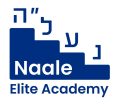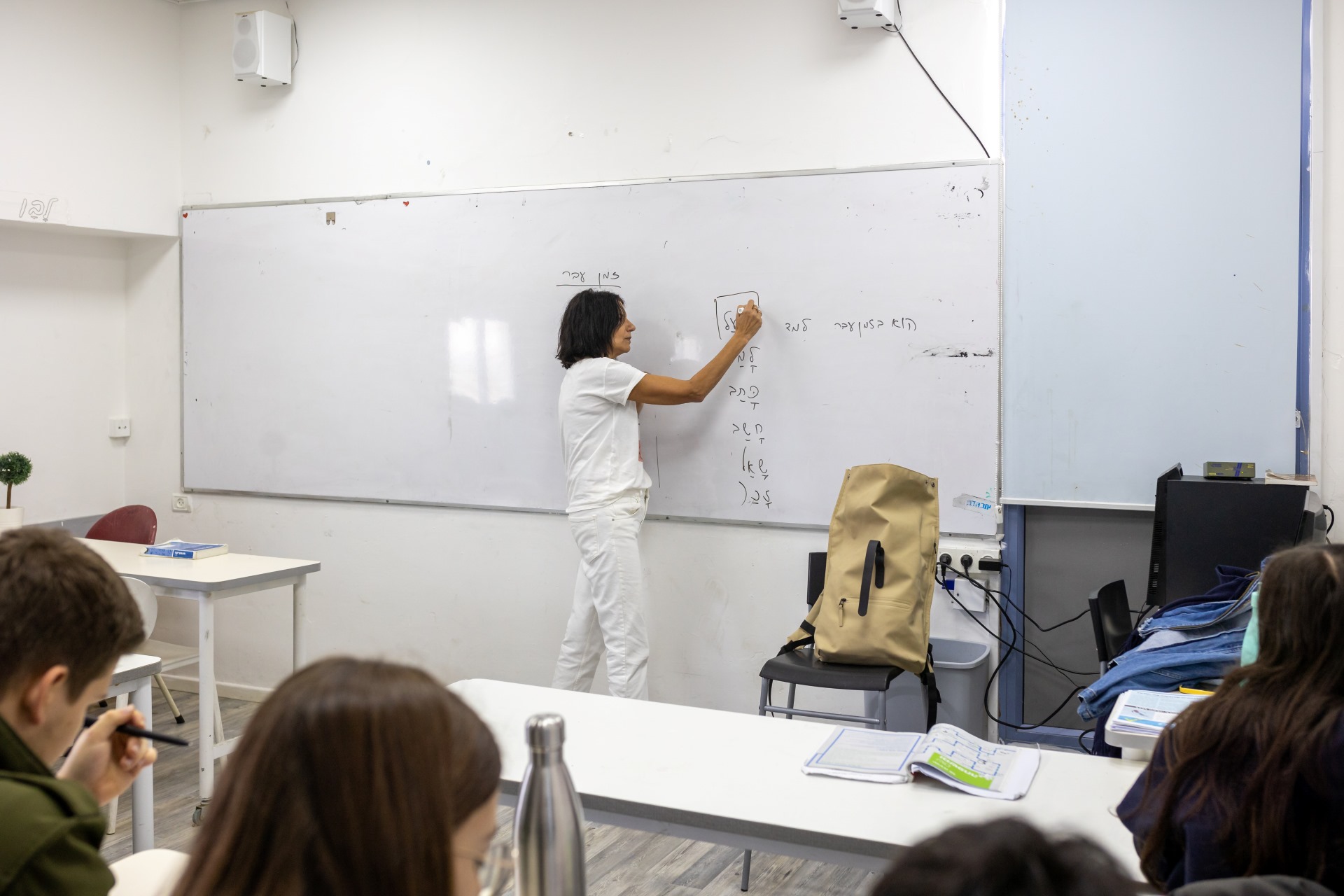Introduction: Navigating the Israeli Academic Rhythm
Compared to North American, Europe and the rest of the world, the Israeli academic year is significantly different. For international Jewish students, it can be somewhat surprising to find their school timetable specifically planned around Jewish and Israeli holidays. However, this is an invaluable part of the overall experience of being in Israel – school is integrated and shaped by Jewish tradition and history.
Basic Structure: The Two-Semester System
Fall Semester (Semester A):
● Starts in September followed by breaks for Jewish holidays
● Runs approximately 13-14 weeks
● Exam period spans January into early February
● Often interrupted by fall Jewish holidays
● Concludes by early February
Spring Semester (Semester B):
● Begins late February or early March
● Runs approximately 13-14 weeks
● Exams through June, sometimes into July
● Passover break in April – two weeks
● Ends by June 30th
Key Differences from International Calendars
Compared to North American systems:
● Breaks are scheduled around Jewish holidays, not Christmas/New Year/Easter
Compared to European systems:
● More concentrated exam periods
● Two-semester structure rather than three terms
Jewish Holidays and Their Impact
Fall holidays that shape the academic year:
● Rosh Hashanah: September/early October
● Yom Kippur: 10 days after Rosh Hashanah
● Sukkot: 5 days after Yom Kippur
● Simchat Torah: Concludes the fall holiday season
Spring holidays include:
● Purim (March)
● Passover (April, creating the mid-semester break)
● Holocaust Remembrance Day (April/May)
● Memorial Day and Independence Day (May)
● Shavuot (May/June)
Planning Travel and Cultural Integration
The academic calendar also offers unique cultural insights through:
● Experiencing Jewish holidays and national observances
● Understanding societal rhythms throughout the year
● Building relationships through shared calendar experiences
Conclusion: Embracing the Israeli Academic Rhythm
Understanding the Israeli academic calendar helps transform scheduling challenges into opportunities for deeper engagement with both academic content and Israeli society. With proper preparation and flexible adaptation, navigating this unique calendar can become an enriching dimension of the study abroad experience. Ultimately, this provides a framework for maximizing educational benefits while experiencing the distinctive cultural landscape of this diverse country.










